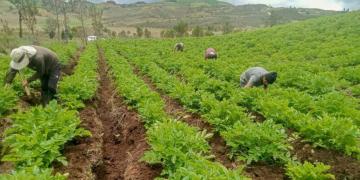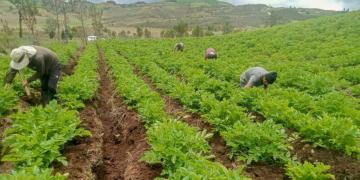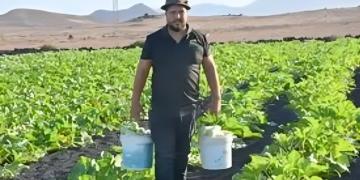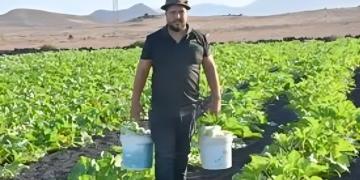Colombia (Berlin-Santander): ICA strengthens phytosanitary surveillance of potato crops
Recently, the Colombian Agricultural Institute (ICA) carried out a phytosanitary brigade in the district of Berlín, municipality of Tona (Santander), aimed at strengthening the surveillance of the Bactericera cockerelli complex – Punta Morada.
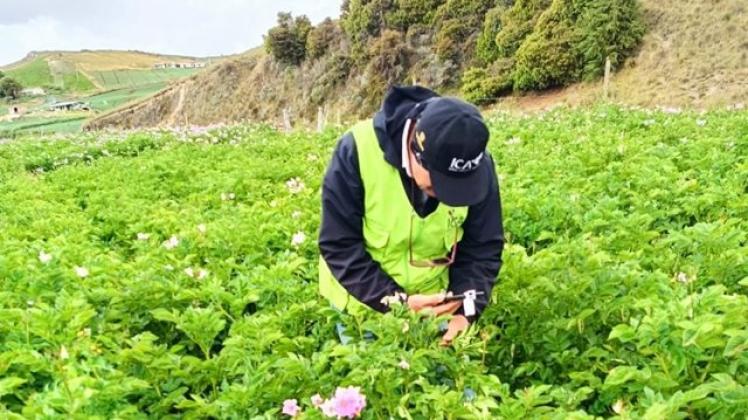
This contributes to the economic development of the regions, food security and agrarian reform.
During the day, a risk communication event was held in conjunction with Fedepapa and the Municipal Agriculture Secretariat, aimed at potato producers. The biological and ecological aspects of the insect vector were discussed, as well as the characteristic symptoms of diseases associated with the microorganisms Candidatus Phytoplasma spp. and Candidatus Liberibacter solanacearum, the causative agents of PM and ZC.
Likewise, the strategies contemplated in ICA Resolution 103325, "By which phytosanitary measures are adopted for the surveillance and control of the insect Bactericera cockerelli Sulc (Hemiptera: Triozidae), a vector of phytopathogens associated with Punta Morada and Zebra Chip diseases, in potato crops in the department of Nariño", were presented, in order to strengthen prevention and monitoring actions for the pathosystem.
As part of the activity, educational materials designed by the ICA were distributed, with the aim of strengthening local capacities in the identification and management of this phytosanitary complex.
Subsequently, two work teams made up of professionals and technicians from the Santander branch and the Technical Directorate of Epidemiology and Phytosanitary Surveillance (DTEVF) of the ICA carried out 32 monitoring visits to potato crops.
During these visits, the surveillance protocol established by the DTEVF (National Veterinary Institute of Biotechnology) for vector detection and timely recognition of symptoms associated with these diseases was implemented. As a result, no insect presence or plants with symptoms attributable to the pathogens being monitored were identified.
The coordination between the ICA, Fedepapa, the municipal Agriculture Secretariat, and the active participation of the community were key to the brigade’s success, which allowed for the consolidation of epidemiological information and the transfer of knowledge to producers.
With these actions, the ICA reaffirms its commitment to plant health and the protection of potato production in the country, recommending that brigades continue in other areas of the department to ensure timely detection of possible introductions of the B. cockerelli complex – PM and ZC of solanaceae.
Fuente: ica.gov.co

